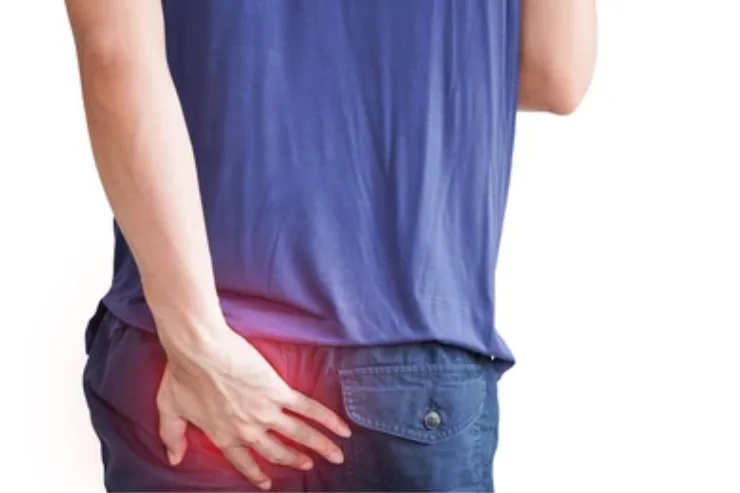
Anorectal care focuses on conditions such as piles, fissures, fistulas, and other rectal issues. Treatment involves a blend of traditional healing and modern surgical techniques for effective, long-term relief. Care is provided in a private and hygienic environment, ensuring patient dignity and comfort. Both surgical and non-surgical options are available, depending on the severity. Personalized care and expert handling help patients recover smoothly, reduce recurrence, and return to daily life with improved comfort and confidence.
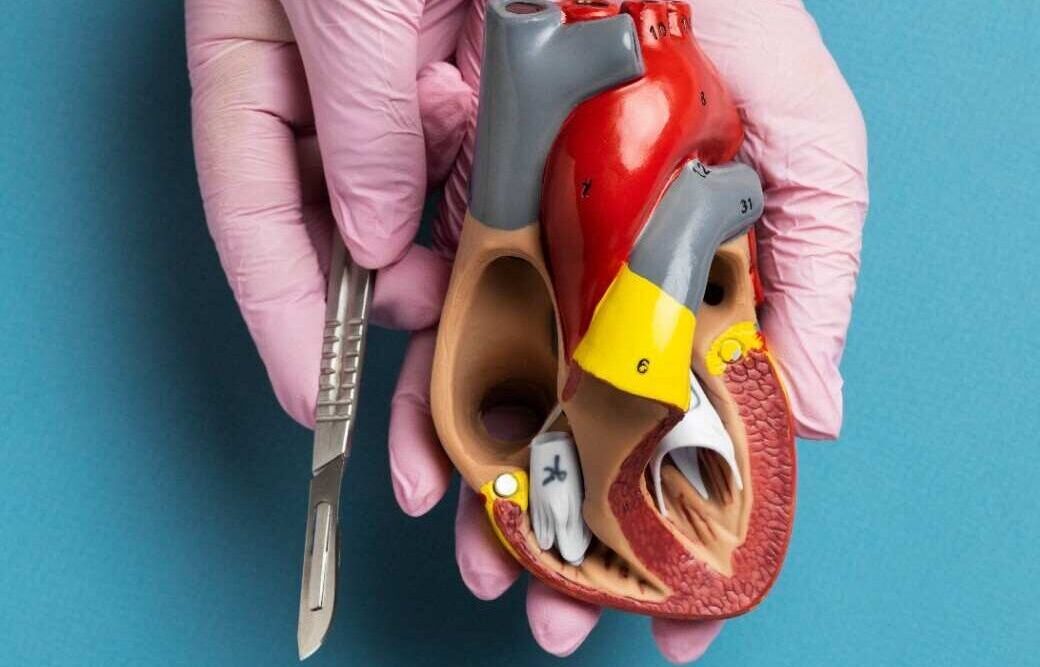
Laparoscopic surgeries use small incisions and advanced instruments to treat various abdominal conditions, including gallbladder stones and cysts. This minimally invasive technique offers faster recovery, less pain, and minimal scarring compared to traditional surgery. Patients benefit from shorter hospital stays and quicker return to normal activities. The procedure ensures precision and safety, reducing the chances of infection and complications. It is an ideal solution for women looking for advanced, effective, and low-risk surgical treatments.
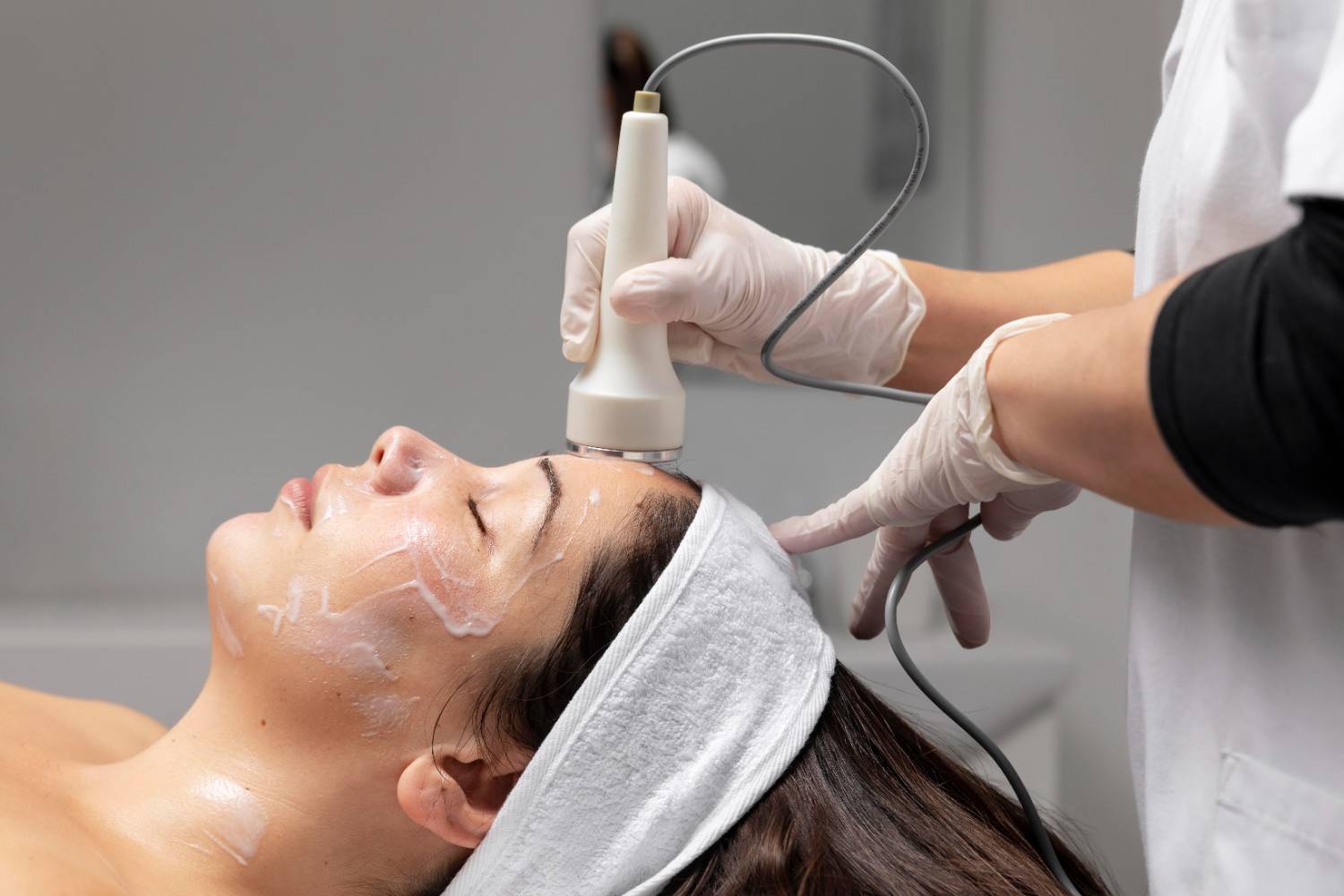
Laser treatment offers a quick, bloodless, and painless solution for conditions like piles, fissures, and fistulas. This modern approach promotes faster healing and minimal post-operative discomfort. Procedures are often performed on an outpatient basis, allowing patients to return home the same day. The high precision of laser ensures effective removal of the problem with minimal tissue damage. It’s a highly recommended option for those seeking safe and advanced care with reduced recovery time and excellent outcomes.

Breast surgery is offered for conditions such as lumps, cysts, infections, and abscesses. Early detection and proper treatment can prevent complications and support overall breast health. Surgical options are tailored to each patient’s condition and comfort, with an emphasis on safety and minimal scarring. The environment ensures privacy, and care is taken to provide emotional and physical support throughout the process. Post-surgical follow-up and guidance help promote smooth healing and long-term wellness.
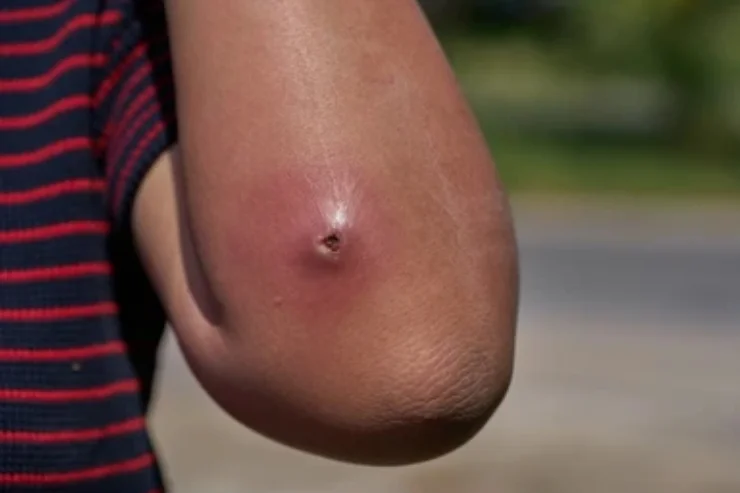
Abscesses are painful collections of pus caused by infection and need timely treatment to avoid complications. Surgical drainage is the most effective method to remove the infection and start healing. The procedure is performed using sterile techniques to ensure safety and comfort. Proper cleaning, medication, and follow-up care are essential to prevent recurrence. Patients are educated on wound care and hygiene for better recovery. The service ensures complete management from diagnosis to full healing.

Recurrent urinary tract infections (UTIs) involve repeated bacterial infections of the bladder or kidneys, causing pain, urgency, and frequent urination. Our personalized care starts with urine analysis and imaging to identify underlying risk factors, followed by targeted antibiotic therapy tailored to culture results. We advise individualized hygiene practices, hydration protocols, and dietary supplements like cranberry extract. Long-term prevention may include low-dose antibiotic prophylaxis and behavioral adjustments, ensuring a customized approach that reduces recurrence and promotes urinary tract health.
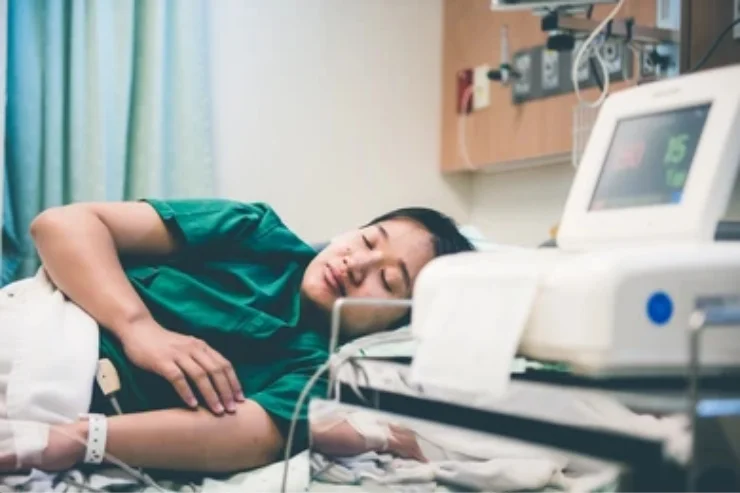
Inpatient services are designed exclusively for female patients, offering a safe, clean, and private space for recovery and care. Whether for pre-surgery preparation or post-operative healing, admission facilities ensure comfort and support throughout the stay. Trained female staff provide personalized assistance, maintaining confidentiality and dignity. Rooms are equipped to support rest and recovery with all essential amenities. The entire process is streamlined to ensure that women feel secure and cared for during their hospital experience.
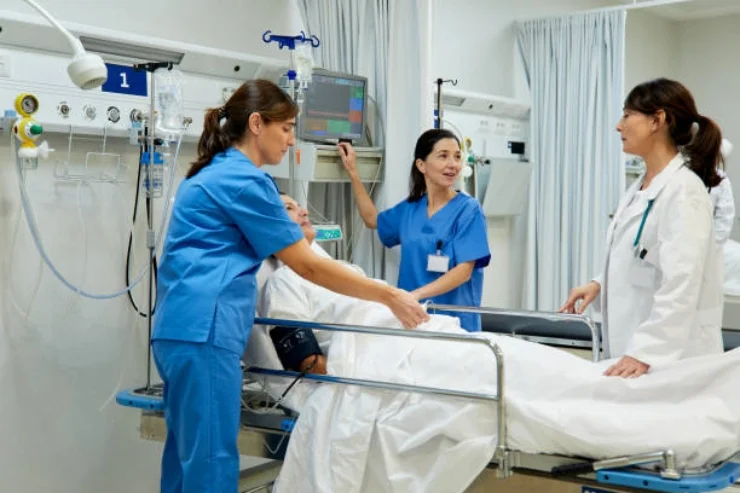
After surgery, recovery depends on the right follow-up and care. Postoperative guidance includes instructions on wound care, medications, diet, physical activity, and follow-up visits. Regular monitoring helps detect any issues early and ensures proper healing. Patients receive support in managing discomfort and regaining strength. Education about self-care and lifestyle changes is also part of the recovery plan. This guidance ensures a smooth transition from surgery to daily life, with reduced complications and better health outcomes.
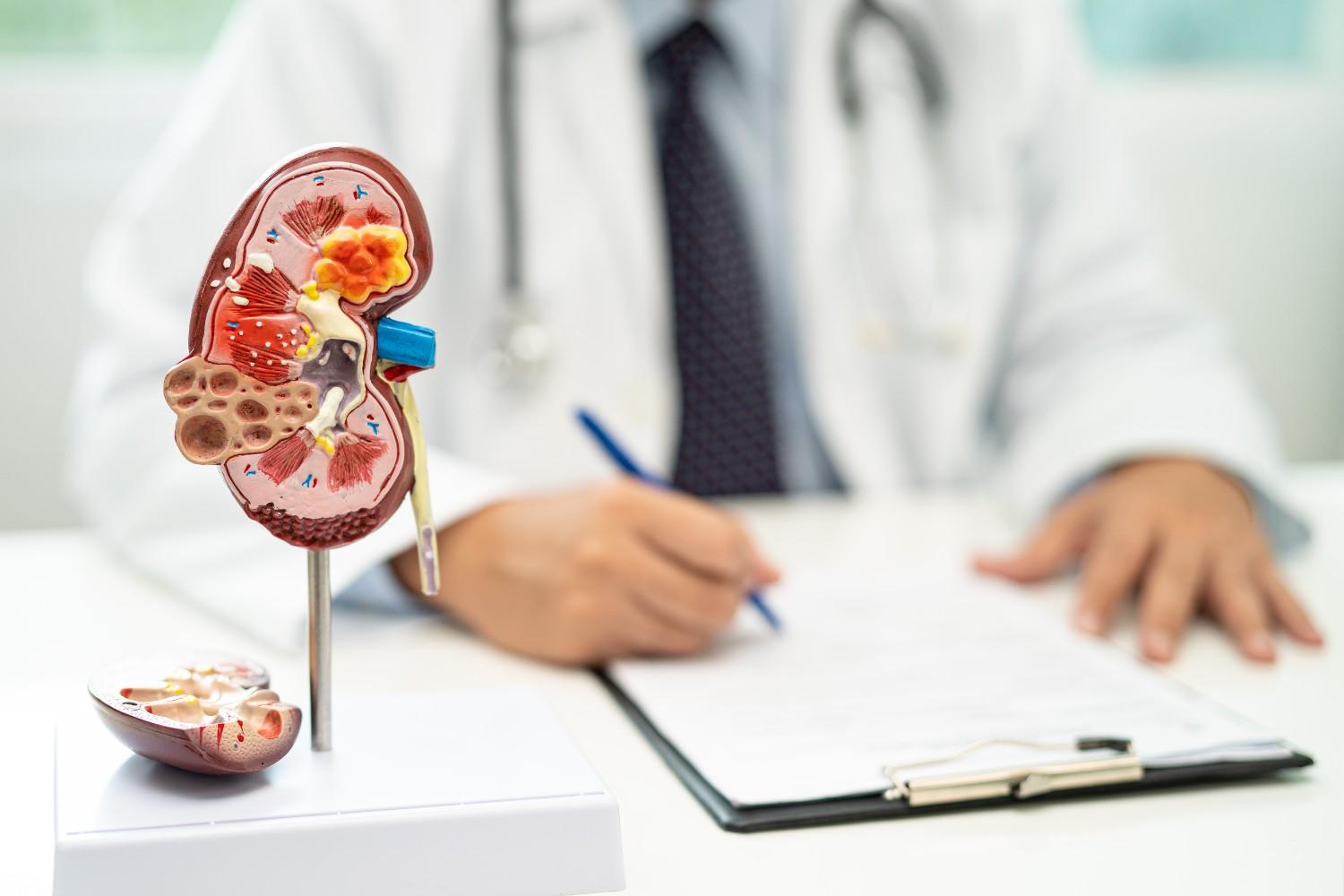
After surgery, recovery depends on the right follow-up and care. Postoperative guidance includes instructions on wound care, medications, diet, physical activity, and follow-up visits. Regular monitoring helps detect any issues early and ensures proper healing. Patients receive support in managing discomfort and regaining strength. Education about self-care and lifestyle changes is also part of the recovery plan. This guidance ensures a smooth transition from surgery to daily life, with reduced complications and better health outcomes.
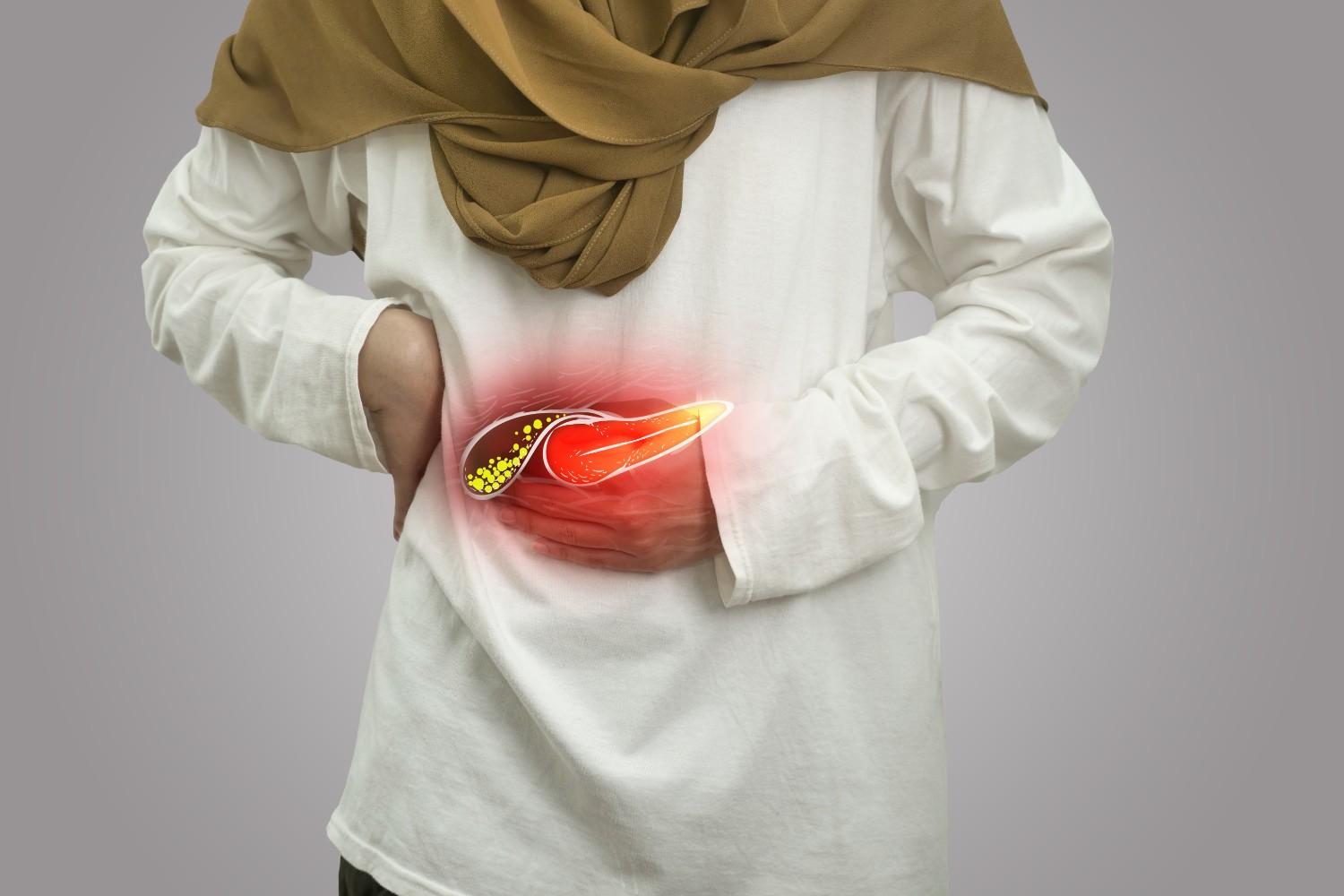
Gall bladder stones, or gallstones, are hardened cholesterol or pigment formations in the gallbladder that often lead to abdominal pain and digestive issues. Our personalized approach starts with ultrasound evaluation of stone size and number, followed by dietary adjustments to reduce fat intake, bile acid therapy to dissolve small stones, and targeted pain management. When required, minimally invasive laparoscopic cholecystectomy is recommended, ensuring quick recovery and a customized plan to support healthy digestion long term.

Hyperacidity, commonly experienced as heartburn or acid reflux, occurs when excess stomach acid irritates the esophagus lining, leading to discomfort and bloating. Our personalized treatment plan includes a thorough assessment of dietary triggers and stress factors, followed by tailored lifestyle guidance such as meal timing and elevation of the head during sleep. We prescribe acid-neutralizing medications or proton pump inhibitors as needed and recommend ongoing monitoring to fine-tune strategies that maintain digestive comfort long term.

A cashless facility allows patients with eligible health insurance to receive medical services without the stress of upfront payments. The billing process is coordinated directly with insurance providers, ensuring smooth and fast approvals. Assistance is provided for all documentation and queries. This facility makes quality healthcare more accessible and affordable, reducing financial stress during medical treatment. It enables timely access to surgical and inpatient services, ensuring patients receive the care they need without delays.
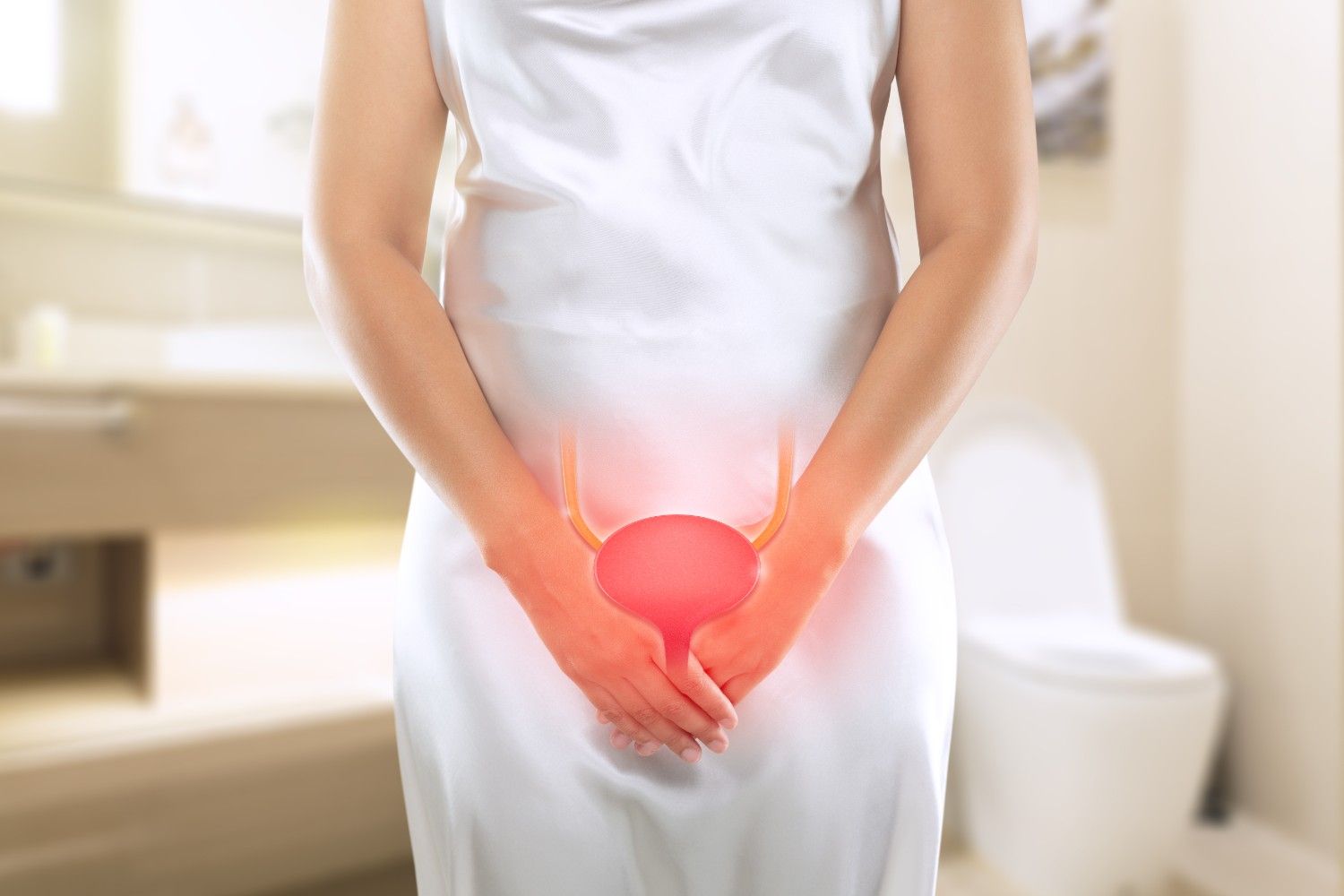
Gall bladder stones, or gallstones, are hardened cholesterol or pigment formations in the gallbladder that often lead to abdominal pain and digestive issues. Our personalized approach starts with ultrasound evaluation of stone size and number, followed by dietary adjustments to reduce fat intake, bile acid therapy to dissolve small stones, and targeted pain management. When required, minimally invasive laparoscopic cholecystectomy is recommended, ensuring quick recovery and a customized plan to support healthy digestion long term.

Appendicitis is the inflammation of the appendix, presenting with sudden abdominal pain, nausea, and fever. Our personalized management begins with physical examination and imaging studies to confirm the diagnosis swiftly. Once identified, we offer minimally invasive laparoscopic appendectomy for safe removal, complemented by perioperative antibiotic therapy and pain management. Postoperative care includes tailored dietary progression and activity guidance. This individualized strategy ensures rapid recovery and minimizes complications for each patient.
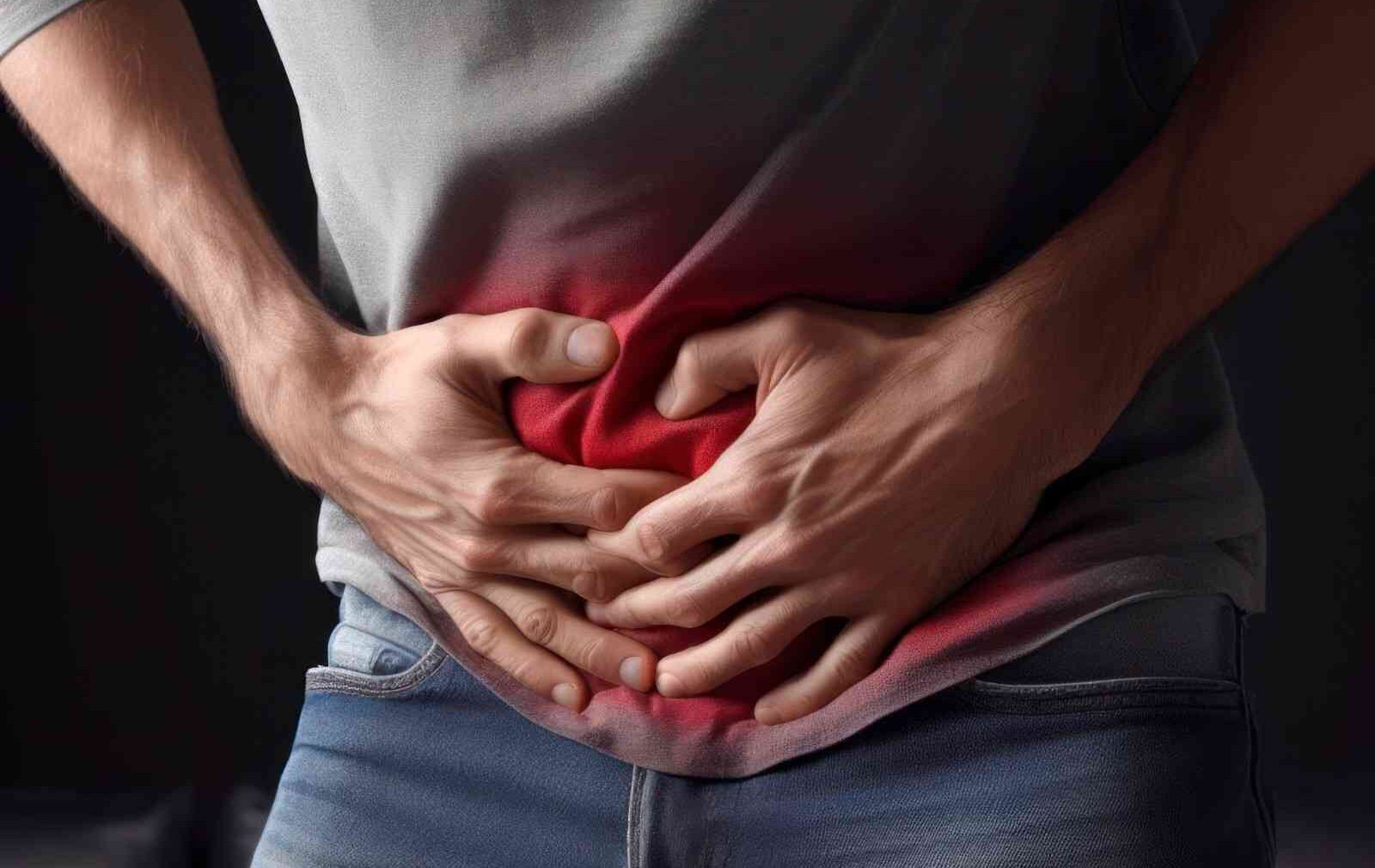
Hernia occurs when an organ or fatty tissue pushes through a weakened spot in the muscle wall, often causing a visible bulge and discomfort. Our personalized treatment plan includes a thorough clinical assessment and imaging to determine hernia type and size. We then recommend the most appropriate repair—laparoscopic or open surgery using mesh reinforcement—alongside tailored postoperative guidance on activity and nutrition. This bespoke approach ensures a durable repair and swift return to normal life.